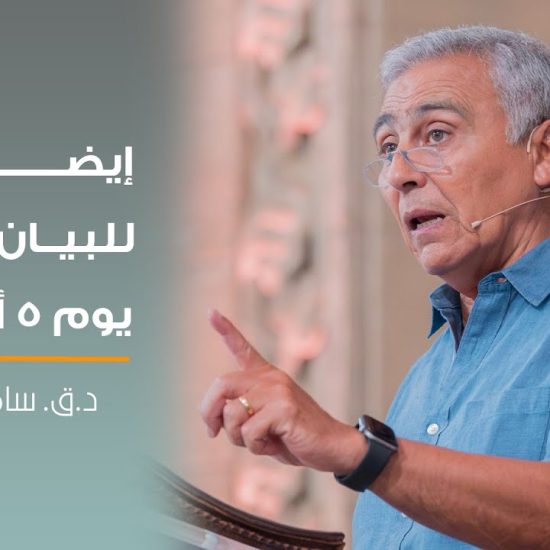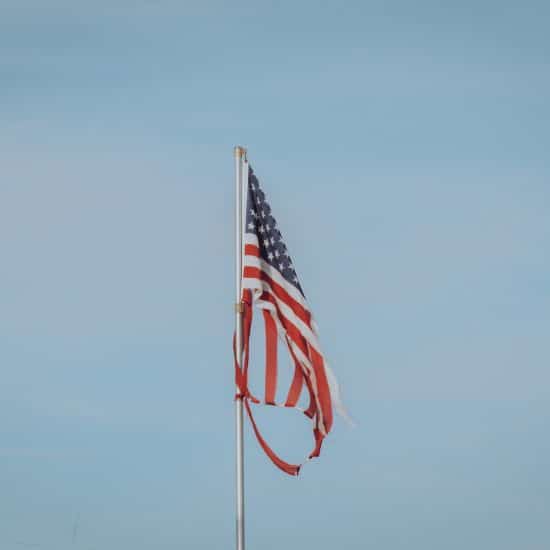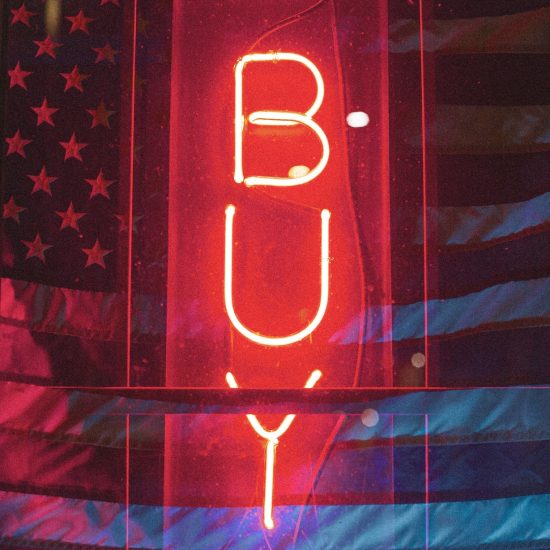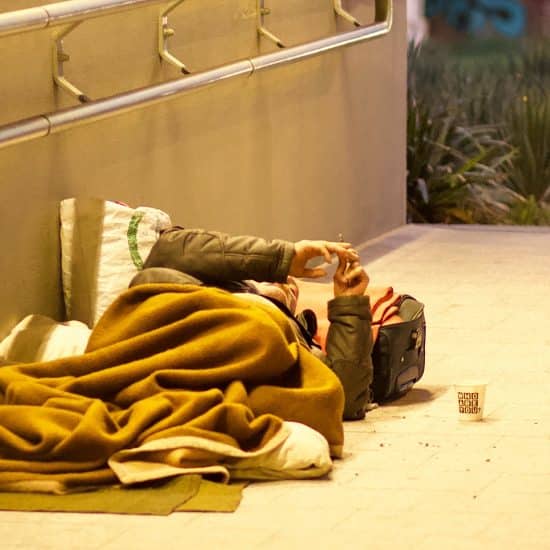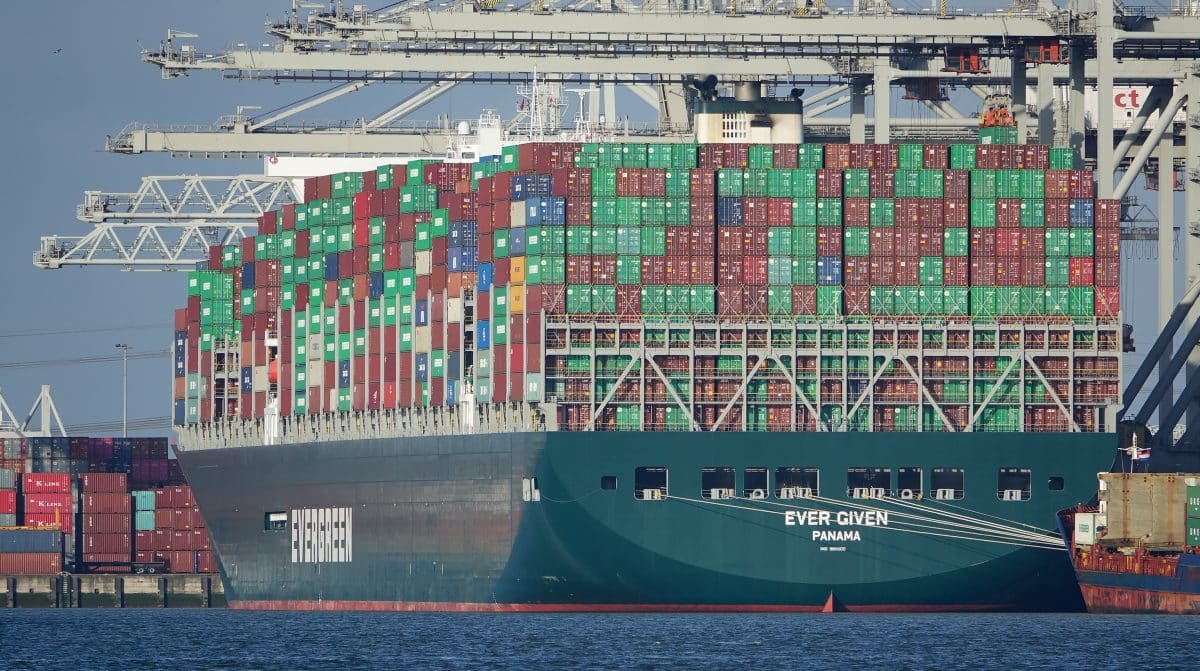
Over the past week, global media coverage and internet memes gravitated to a massive container ship stuck in the Suez Canal. And as the boat clogged international shipping, our modern economic pharaohs gnashed their teeth.
Cutting a waterway through the Egyptian desert was a dream of the ancient pharaohs. Several of them ordered canal-building efforts, though none as long or big as the modern Suez Canal. Perhaps some of the enslaved Hebrew people spent their time digging in the sand for one of those imperial projects. Later biblical superpowers also created canals in the Egyptian desert — like Pharaoh Necho who killed Judah’s King Josiah in the valley of Megiddo, and Persian King Darius “the Great” who is mentioned in Ezra and other biblical books at the time of the Israelites returning from exile.
Throughout time it seems pharaohs — be they literal Egyptian ones or other rules like Persian kings — sought to create water in the desert and control global transportation. As French dictator Napoléon Bonaparte fought to extend his rule, he grew obsessed with the idea of a canal in the Egyptian desert. The French eventually carved the Suez Canal in the mid-19th century, with the sweat and blood of thousands of forced laborers who died in the process.
Now, about 12% of all global trade passes through the Canal. Except when a big boat blocks the path.
On March 23, the Ever Given container ship ran aground, stuck at an angle across the Canal that shut down traffic in both directions. With more than 300 other boats showing up at the traffic jam in just a few days, authorities scrambled to free the ship. It’s even worse than the Ever Given’s crash into a ferry in German waters two years ago amid high winds.
Even before the ship’s freeing, some sought to discover why this happened so they can prevent future disruption to global trade. But despite what the official investigation eventually concludes, the real answer isn’t human or technical error, or even the wind and sandstorm that struck the ship. It’s the cry of all pharaohs throughout time.
Make more bricks.
Just two decades ago, container ships carried up to 5,000 shipping containers. But the global pharaohs wanted more. The Ever Given — a ship as long as the Empire State Building is tall — is now one of the largest container ships in the world. At 1,312-feet in length, it can carry 20,000 container boxes that are about 20-feet long. With close to $1 billion of cargo on board, this ship truly helps pharaoh make more money — except when it gets mired in a desert canal.
Each day of the Canal’s obstruction disrupted an estimated $9 billion worth of stuff. This waterway in the desert helps enrich companies who amass global power and wealth beyond even the dreams of the pharaohs. And if we can just build a bit longer boat, then we can stack on even more of those large metal container bricks.
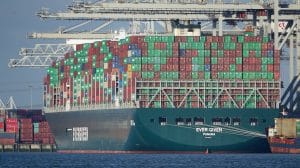
(Kees Torn/Creative Commons)
Make more bricks. It’s the demand through the ages that enriches the rich. Until it crashes.
That ancient Pharaoh demanded it of the enslaved Hebrew people. No time off, especially not a whole day of rest. No right to worship — except offering your own life as a sacrifice on the altar of the economy. And if you complain, then meet your brick quota while also now gathering your own straw.
Pharaoh sought to keep the supply chain moving, refusing to change course even during pandemics — including one that turned the waters of the streams and canals into blood. And when the people fled into the desert, Pharaoh greedily pursued them. They must make more bricks for me, he thought. But his power didn’t extend over the wind and the water.
Which is why empires always collapse eventually. So, the prophets warned repeatedly that the systems of the pharaohs in Egypt, Babylon, and elsewhere will eventually fail. The very things that bring pride — bigger ships to carry more goods — often lead to the downfall. The prophets thus mock those who trust in their own power.
“The waters of the sea will be dried up, and the river will be dry and parched, and its canals will become foul, and the branches of Egypt’s Nile will diminish and dry up,” Isaiah wrote in chapter 19 to declare that Egypt’s might would crumble.
The rule and wealth of pharaohs always seems inevitable … until it isn’t. A little wind and water in the desert can expose their weakness and greed. It’s up to God’s people to walk away.
Brian Kaylor is editor & president of Word&Way. Follow him on Twitter: @BrianKaylor.


